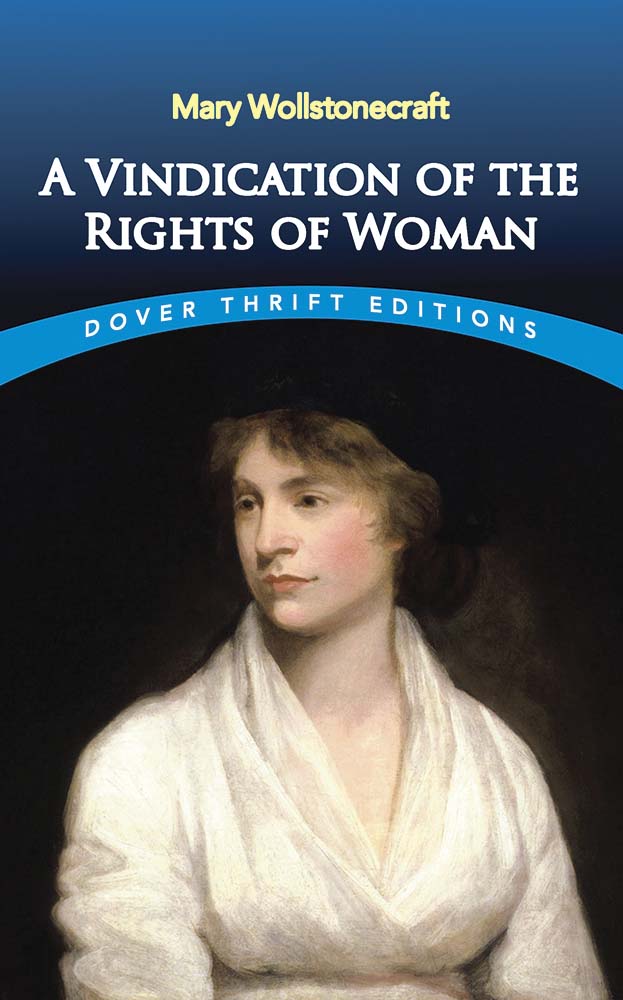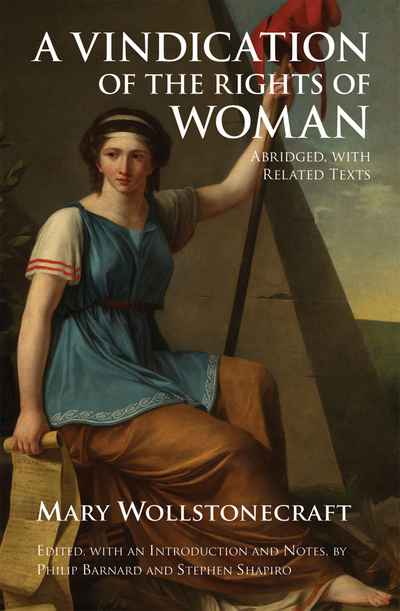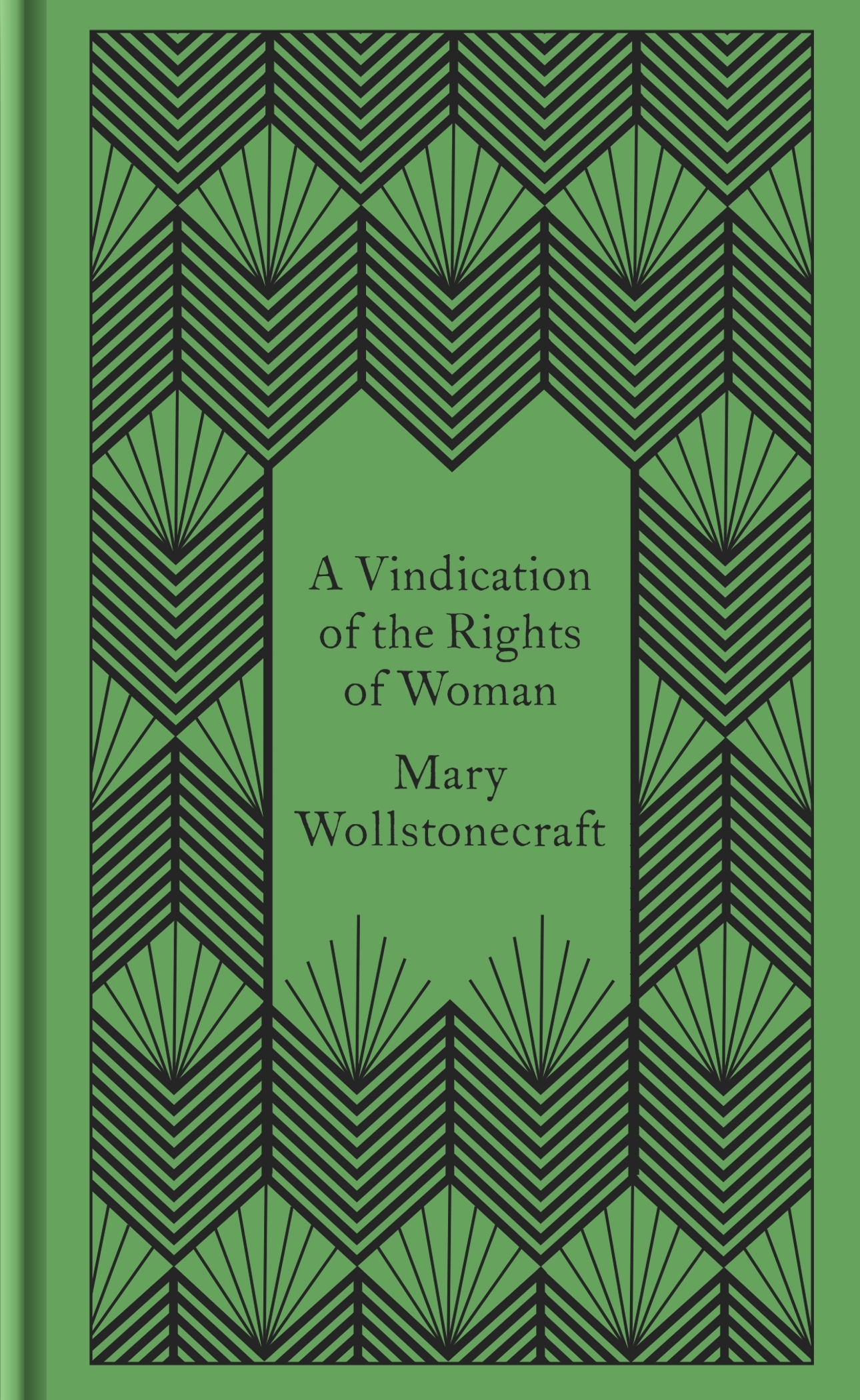


Yet it should seem, allowing them to have souls, that there is but one way appointed by Providence to lead mankind to either virtue or happiness”. “To account for, and excuse the tyranny of man, many ingenious arguments have been brought forward to prove, that the two sexes, in the acquirement of virtue, ought to aim at attaining a very different character: or, to speak explicitly, women are not allowed to have sufficient strength of mind to acquire what really deserves the name of virtue. I earnestly wish to point out in what true dignity and human happiness consists - I wish to persuade women to endeavor to acquire strength, both of mind and body, and to convince them that the soft phrases, susceptibility of heart, delicacy of sentiment, and refinement of taste, are almost synonymous with epithets of weakness”.

“My own sex, I hope, will excuse me, if I treat them like rational creatures, instead of flattering their fascinating graces, and viewing them as if they were in a state of perpetual childhood, unable to stand alone. One cause of this barren blooming I attribute to a false system of education, gathered from the books written on this subject by men who, considering females rather as women than human creatures, have been more anxious to make them alluring mistresses than affection wives and rational mothers”. The conduct and manners of women, in fact, evidently prove that their minds are not in a healthy state for, like the flowers which are planted in too rich a soil, strength and usefulness are sacrificed to beauty and the flaunting leaves, after having pleased a fastidious eye, fade, disregarded on the stalk, long before the season when they ought to have arrived at maturity. “The neglected education of my fellow-creatures is the grand source of the misery I deplore and that women, in particular, are rendered weak and wretched by a variety of concurring causes, originating from one hasty conclusion. Quotes from Mary Wollstonecraft’s, A Vindication of the Rights of Woman (1792) Georgia Colloquium in 18th- and 19th-Century Literature.The Correspondence of Amelia Alderson Opie: an online archive of networks and letters.


 0 kommentar(er)
0 kommentar(er)
